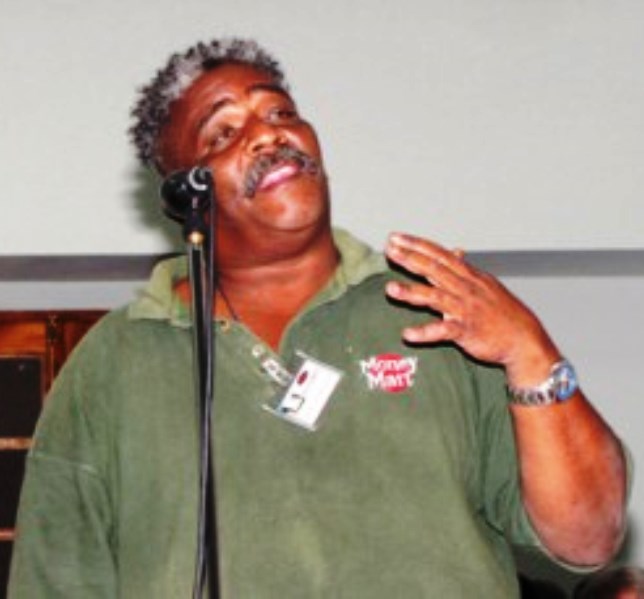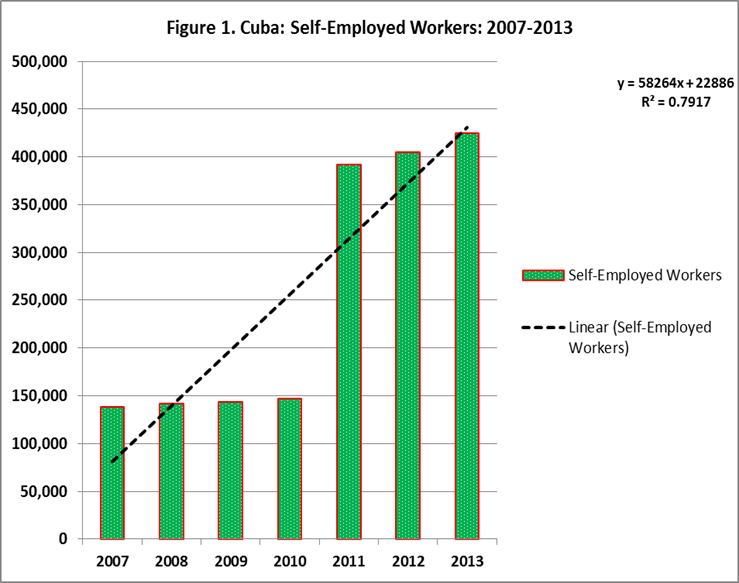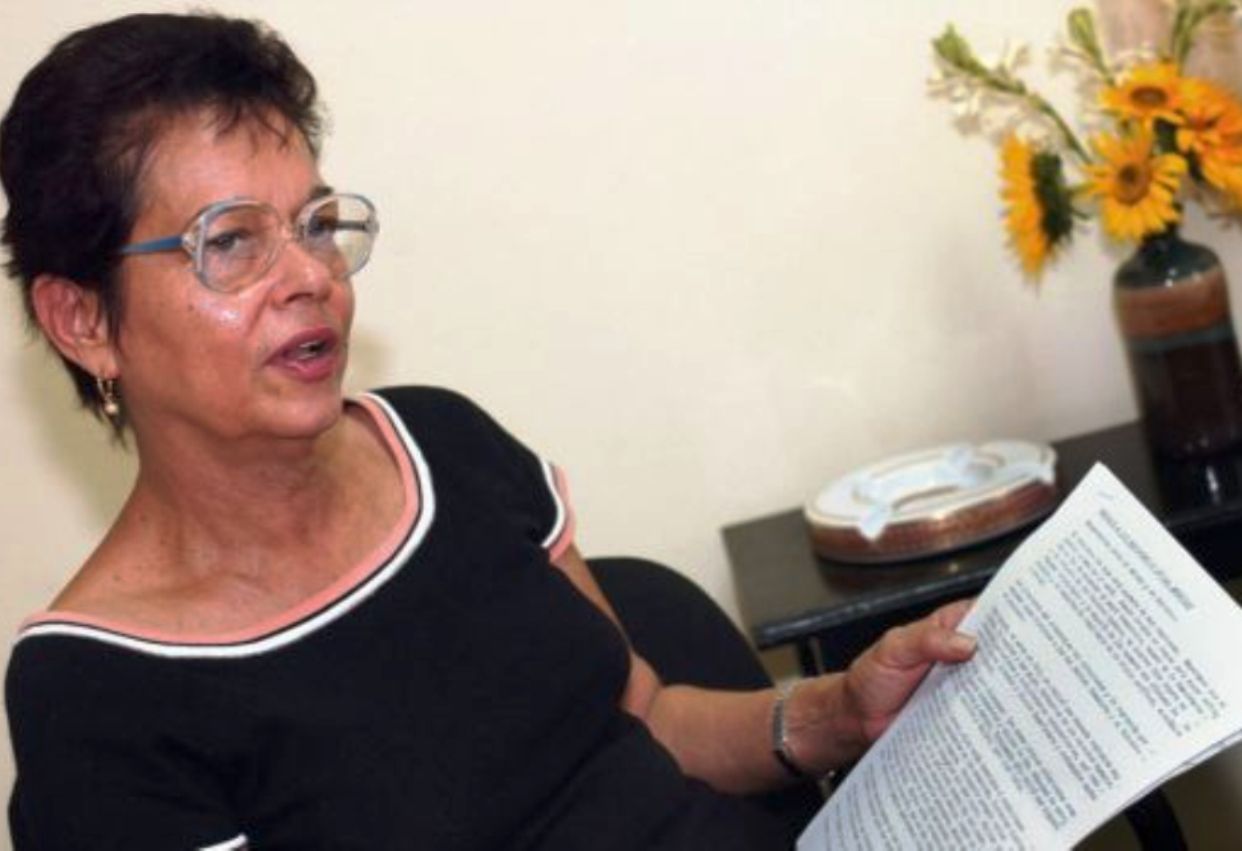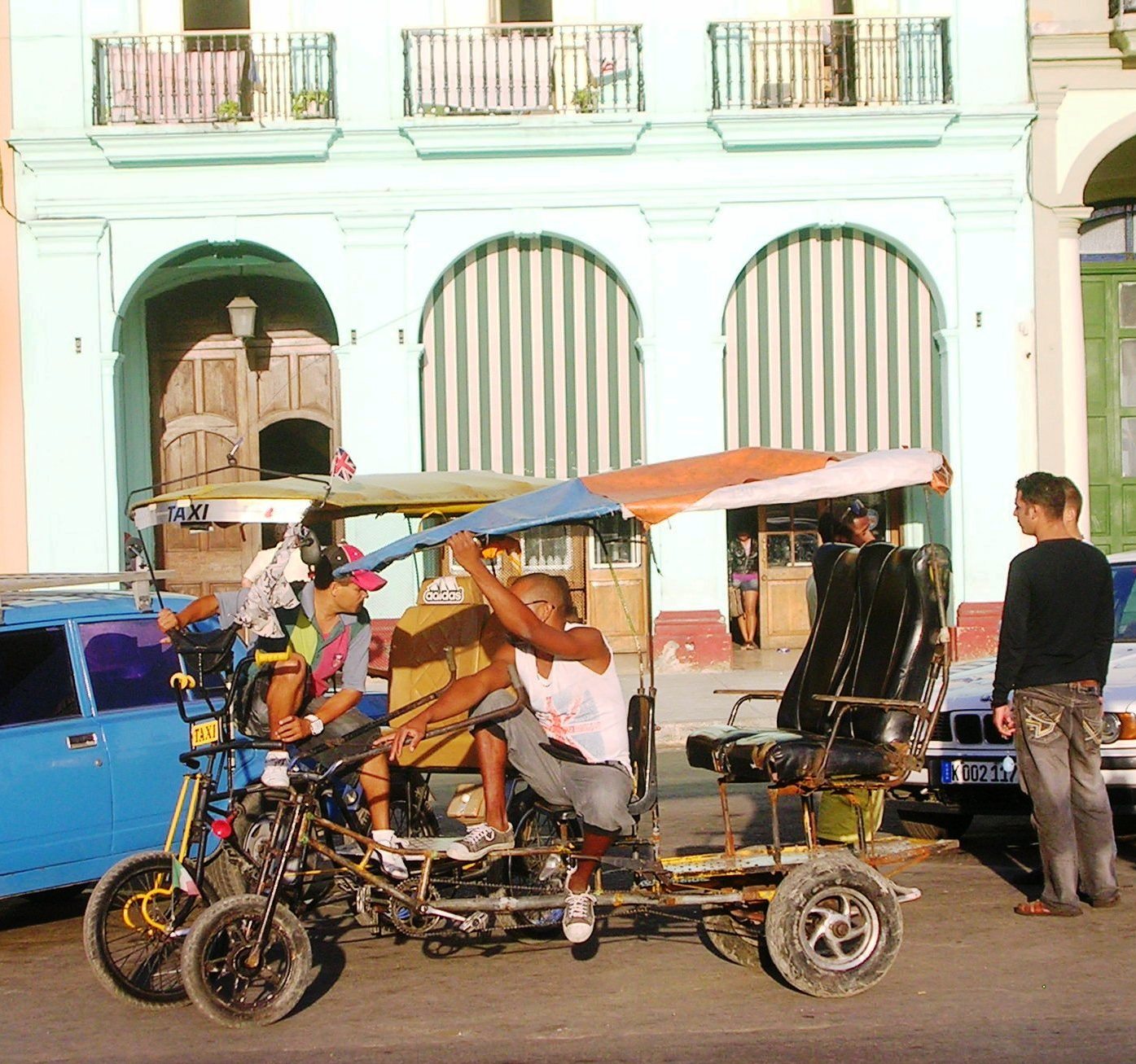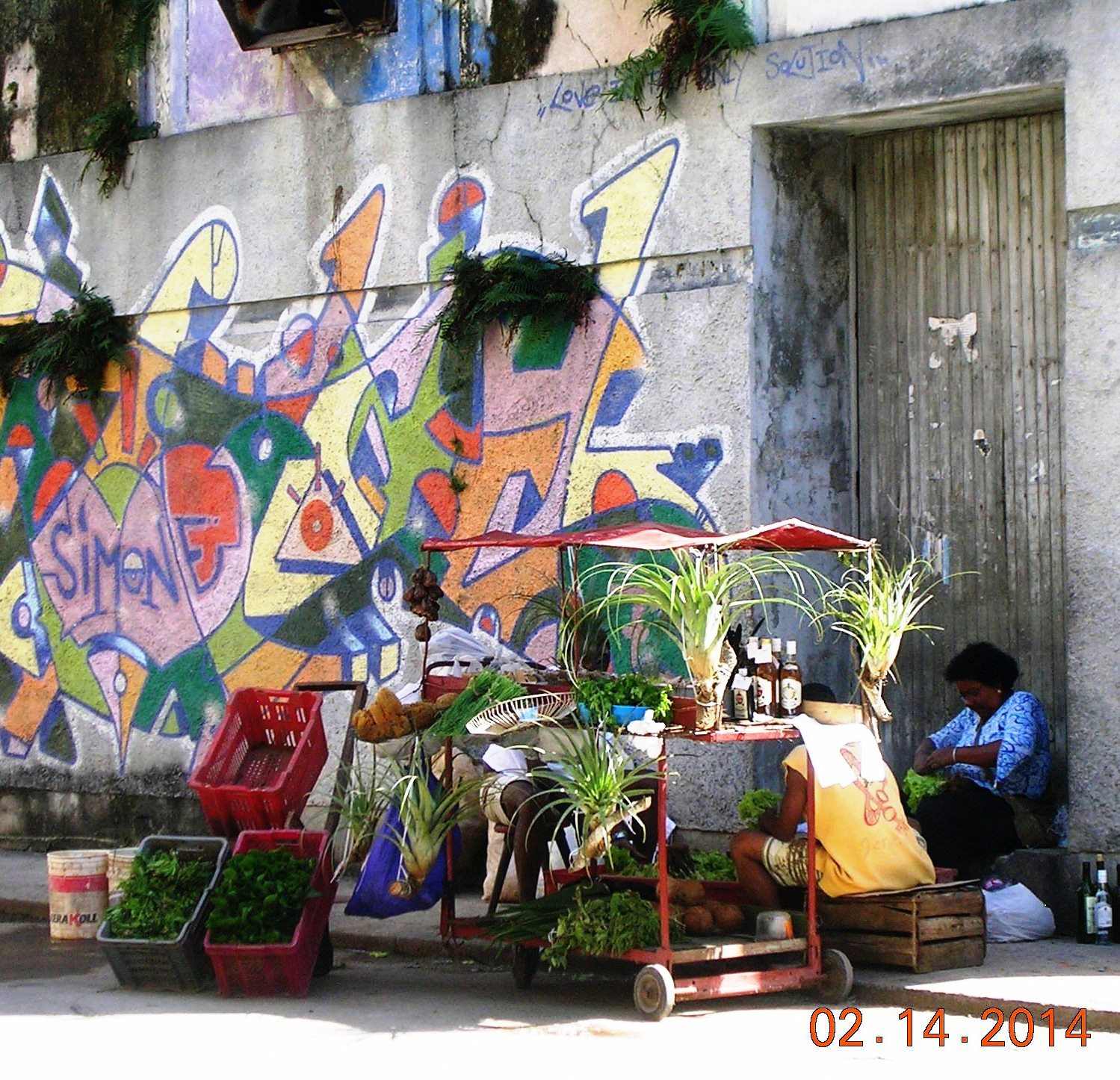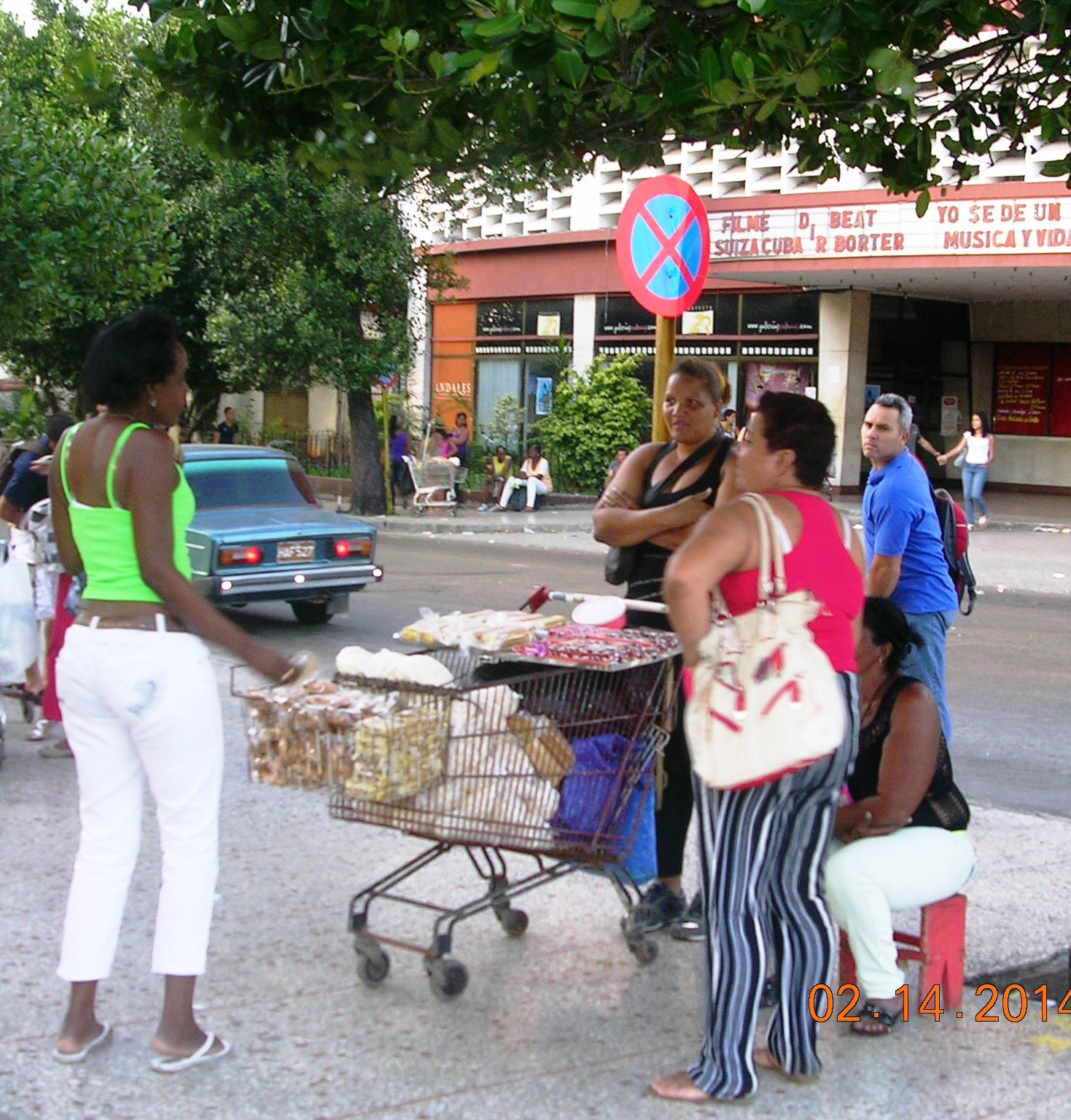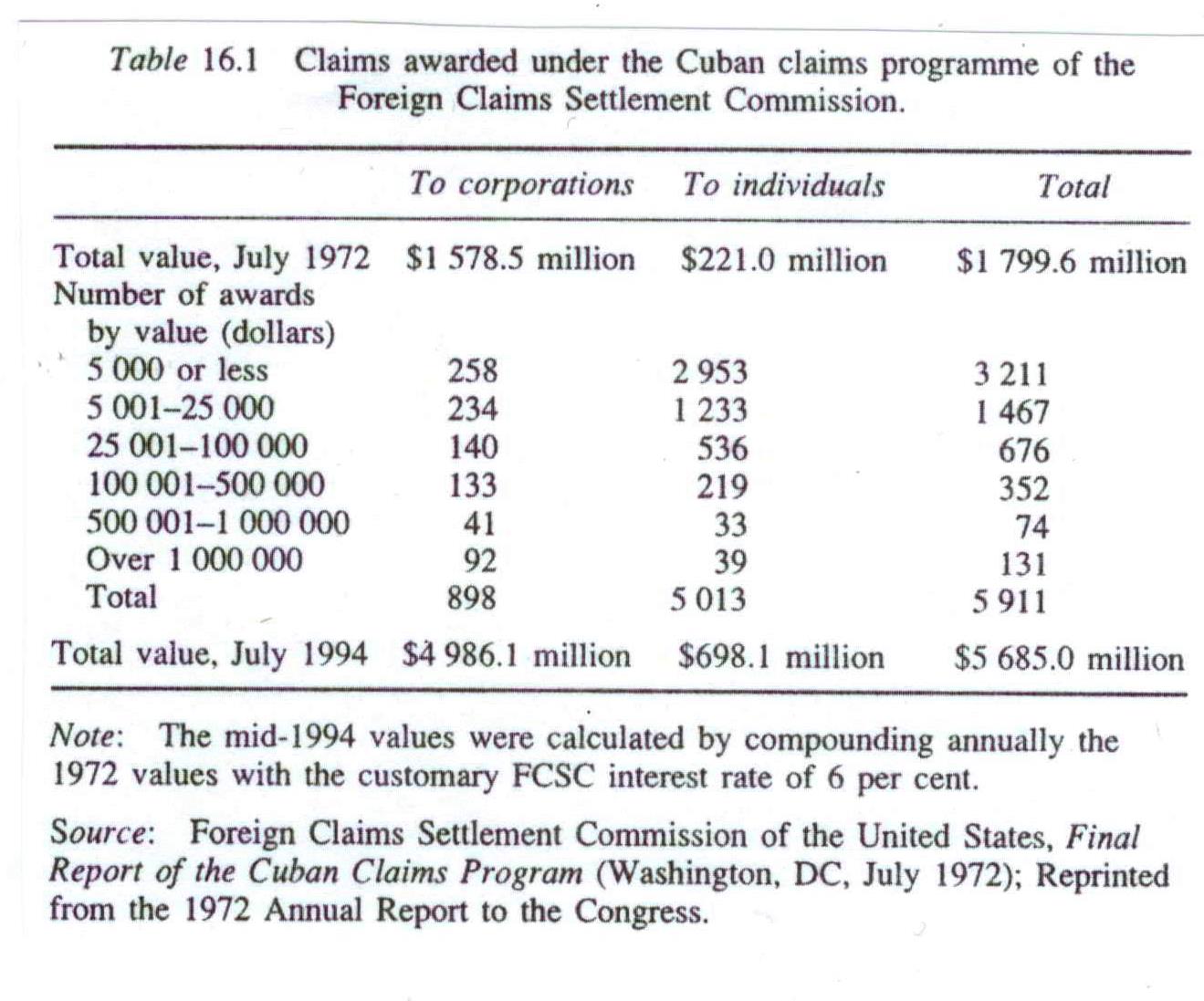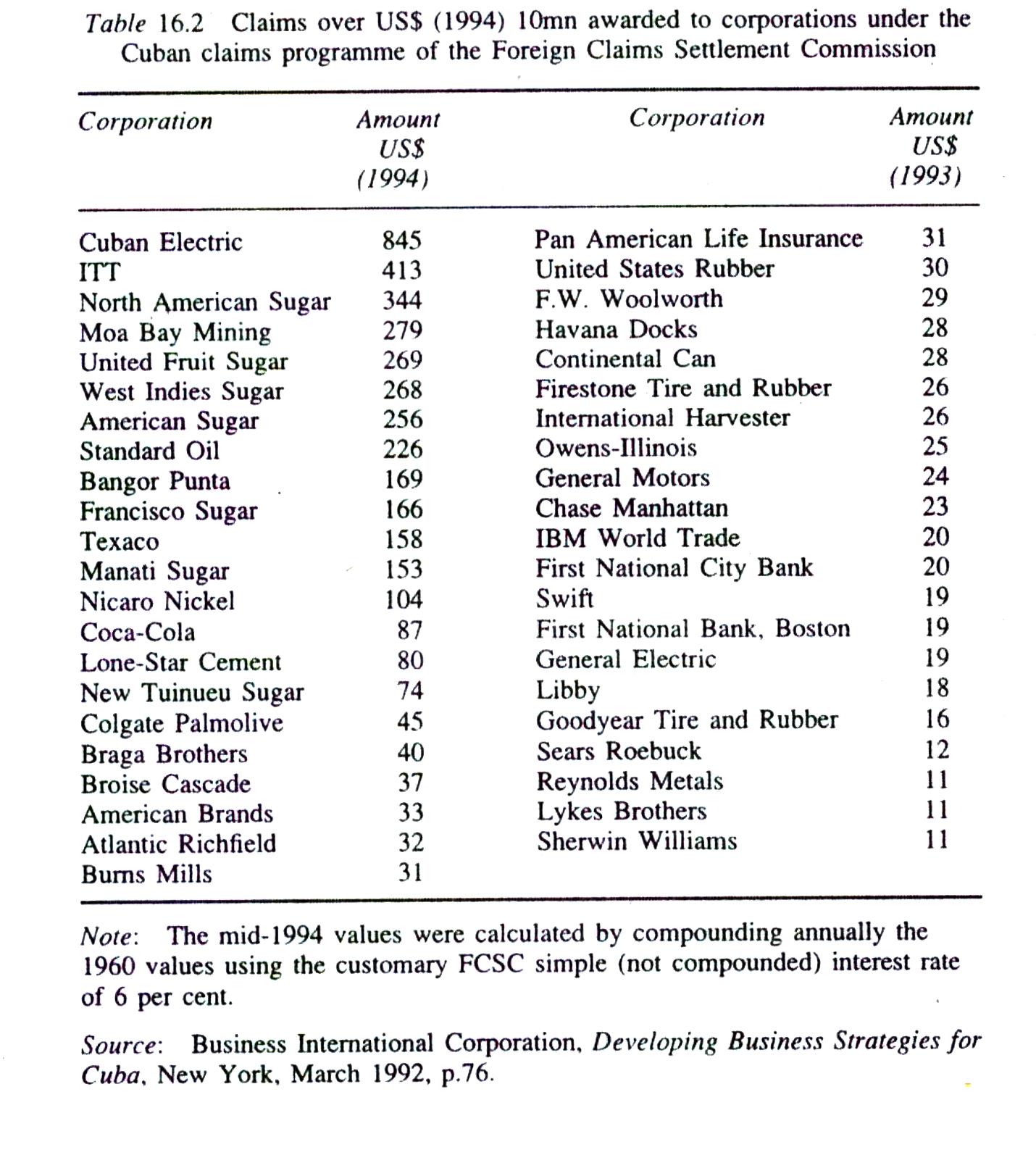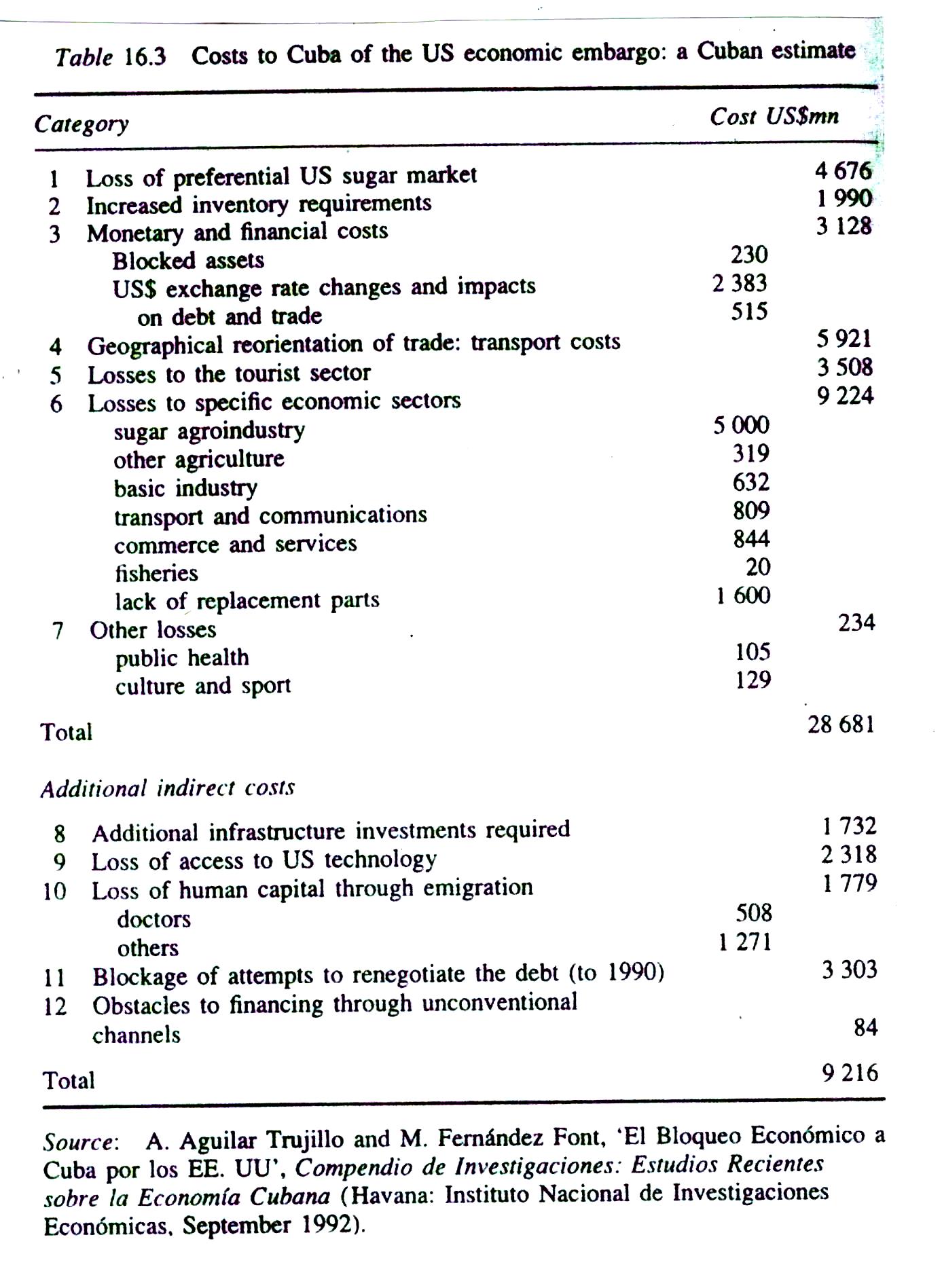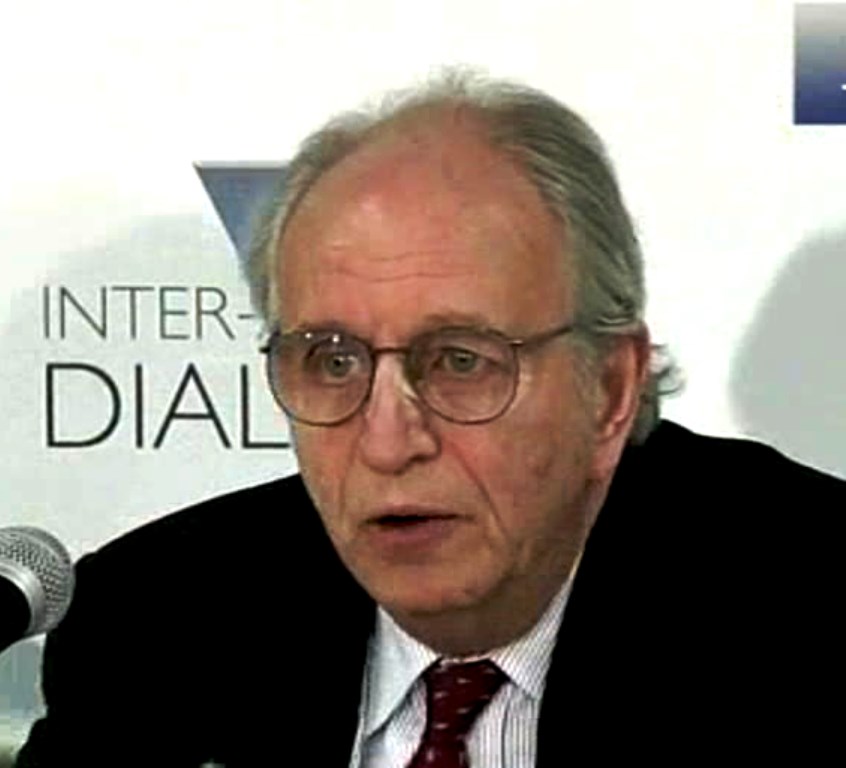Original here: HavanaTimes
By Pedro Campos
HAVANA TIMES — Another gathering sponsored by the Cuban journal Espacio Laical (“Secular Space”) was recently held at the habitual venue in Havana’s Felix Varela Cultural Center, formerly the San Carlos Seminary. On this occasion, participants addressed the racial question in Cuba. The panel was made up by academics and experts Rodrigo Espina, Mayra Espina, Victor Fowler, Tato Quiñones and Antonio Martinez (from the Aponte Commission).
The speakers described the current state of the problem and delved into the ways it expresses itself and possible solutions. They also referred to a number of initiatives that are currently underway, aiming to advance local and State solutions.
No one who attended the gathering could have left with any doubts on this matter: racial discrimination continues to exist in Cuba. The country has not been able to overcome the problem. In fact, it seems to have become worse as a result of the social differences accentuated by the Special Period and the recent reform measures: black people continue to be among the poorest sectors of society.
The issue has not reached public awareness or received the attention from the press and government that it deserves. There is also no concerted official effort addressing the problem, even though there is an official commission (the Aponte Commission) that has convened and presented Vice President Diaz-Canel with their work on the matter.
Espacio Laical will publish the lectures offered by the panelists and the comments made by the public.
In this post, I will touch on the basic premises behind the brief and improvised comments I made as a member of the audience, with more or less these words:
After congratulating the journal for reopening this space for debate, I mentioned that, if Mayra, Victor and Tato were parliamentary representatives, these problems and proposals would surely be debated at parliament and solutions would likely be found within that context.
If the writings of Mayra, Victor and Tato were published by the official press, the issues addressed would be broadly known and debated on by the population.
If the lectures offered by Mayra, Victor and Tato at the venu were quoted by the news or addressed in a television program, people would have no doubt that they are current and relevant issues and people would offer their comments and push for solutions.
For this to happen, however, many changes to our current conception of government, State and country would have to take place. To begin with, we would have to have freedom of expression and association, and to elect our government representatives, and this would require a change in the current political system, Constitution and electoral law. We would especially need to change Article 5 of the constitution, which establishes that the Cuban Communist Party is the guiding entity of Cuban society, something which has served to justify Party control over elections, grassroots organizations, People’s Power organizations, the printed press, radio, television, companies, industry, tourism, agriculture and the whole of the economy in general.
We would also need to change the economic conception which continues to view the State as the main owner of the means of production, and the centralized and monopolistic control over markets, part of a model that discriminates against and stands in the way of the economic empowerment of citizens, which, needless to say, includes black people.
These are the basic changes to our current, centralized political and economic system that could create the conditions needed to overcome the serious problems of racial discrimination that we still face.
I stated that I believe that, if we do not empower citizens politically and economically, we will not overcome the racial discrimination problems we have – nor will we solve the issue of poverty that also affects whites, women, people from Cuba’s eastern (and less privileged) regions or elderly pensioners, who are forced to sell cigarettes at street corners to survive.
We won’t be able to empower citizens if we do not democratize the country’s politics and socialize its economy, such that everyone can participate in and make decisions about political and economic issues at different levels of government, particularly if working people continue to be denied the right to own, administer and manage the incomes generated by businesses, be these small, medium-sized or large.
It’s not that the racial problem doesn’t have its own, particular characteristics and shouldn’t be treated in a special and delicate manner (owing to its impact on human life) or shouldn’t be addressed through race-specific policies, quite the contrary.
The point is that, in order to truly arrive at such policies and come up with a comprehensive solution, we would have to change the whole of the statist philosophy we currently have, which, to date, in the course of more than fifty years, has limited itself to eliminating the phenomenon of racism by decree, appointing a handful of black and mixed-race people to high government positions, and, more recently, tasking a commission with studying the matter and advancing proposals – proposals that will later be applied by those who have never understood the problem to begin with.
We will begin to solve the problem when the most important thing and the goal of all policies are human beings and not the State, as is the case in this distorted philosophy which has made us understand socialism as a form of State monopoly capitalism.
If this group of government officials had been appointed not on the basis of their skin color (allegedly to represent the interests of black people) but because they understand these issues, because they feel part of the problem and wish to represent those who suffer and those who have assessed the causes behind it and sincerely thought of solutions to it, then everything would be quite different.
In view of this, I believe that all who are interested in this issue ought to think about a solution to this general, political problem that colors all other specific problems faced by society, be them social, economic or cultural.
I didn’t mention this during the debate, but I wish to remind the “Leninists” in government that the Bolshevik leader once wisely said that, in order to solve specific problems, the general problems first needed to be solved. We still have to solve the general, basic problems that affect Cuban society: the democratization of politics and socialization of the economy, such that everyone, without any kind of discrimination, can realize themselves fully and develop their individual faculties to the fullest.

